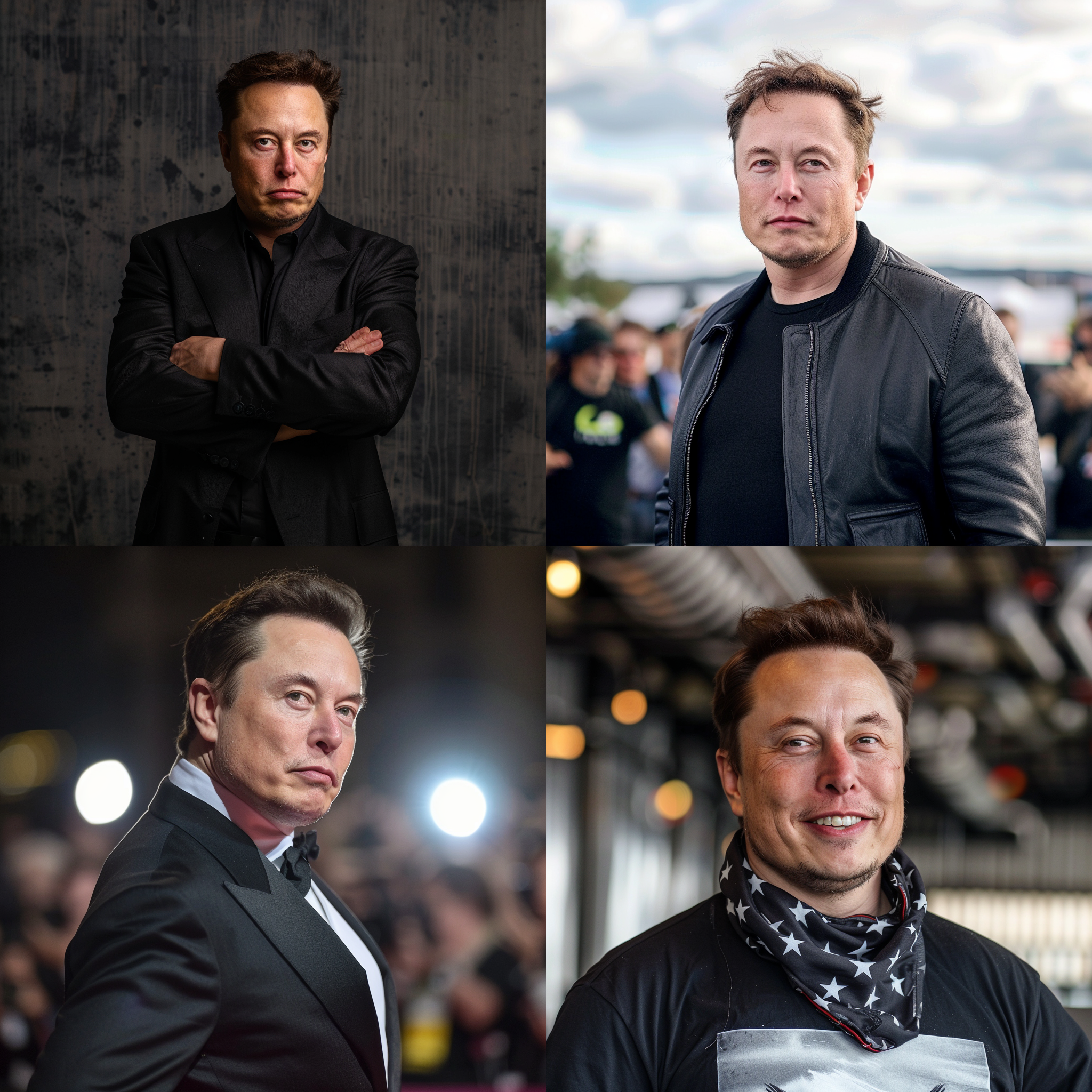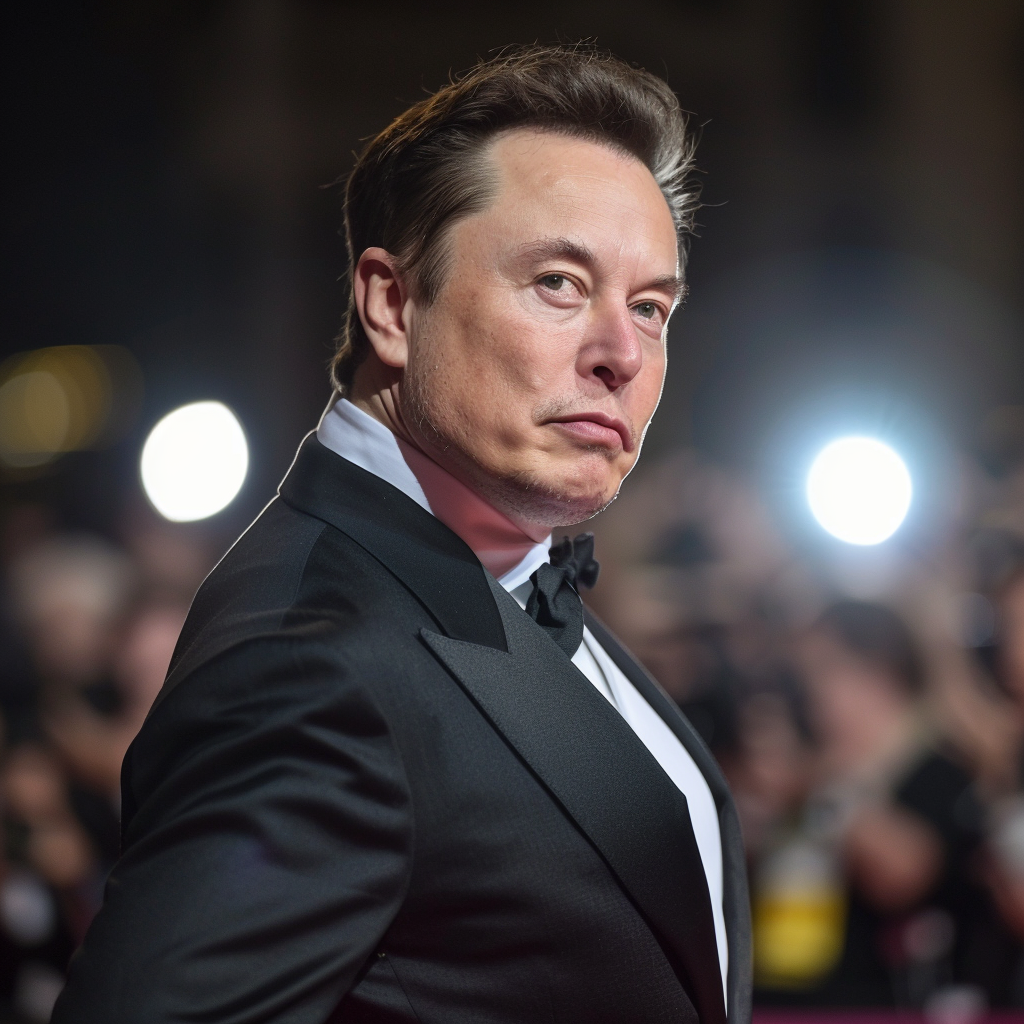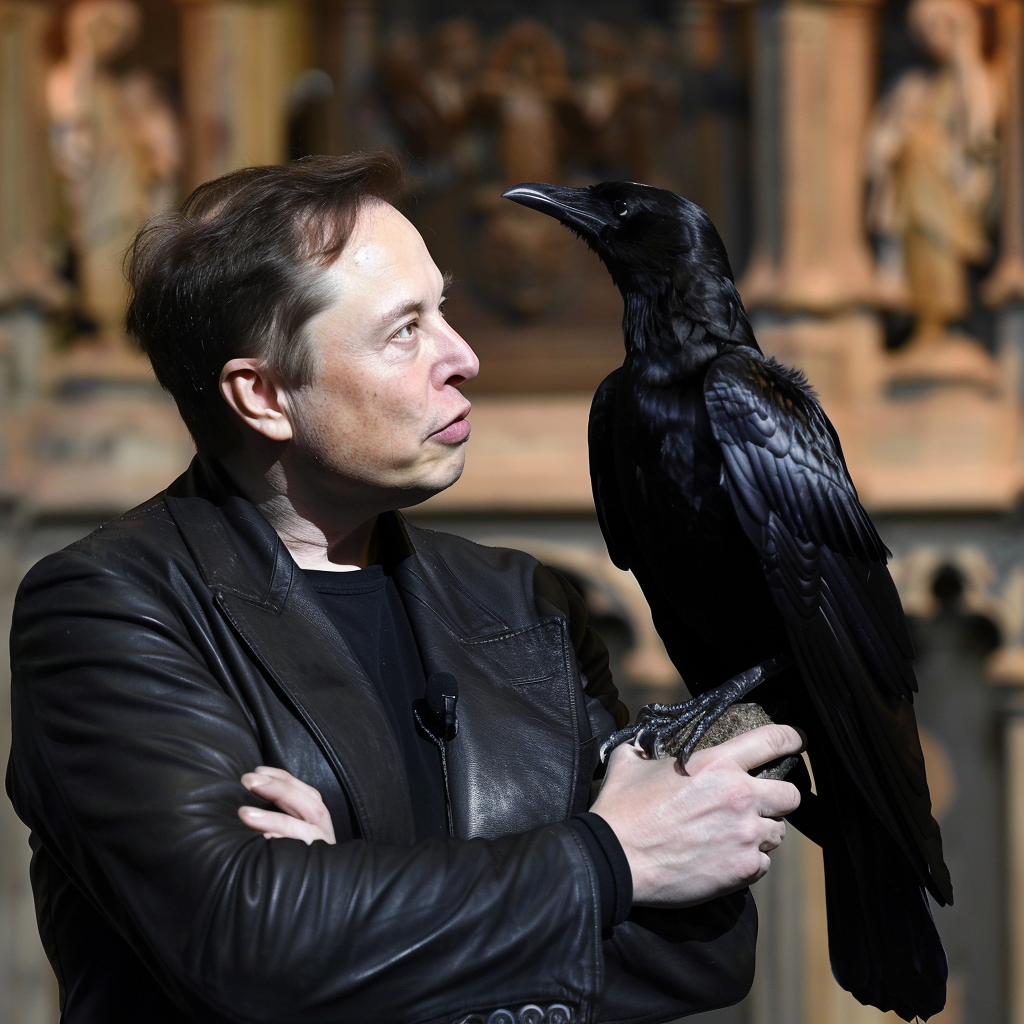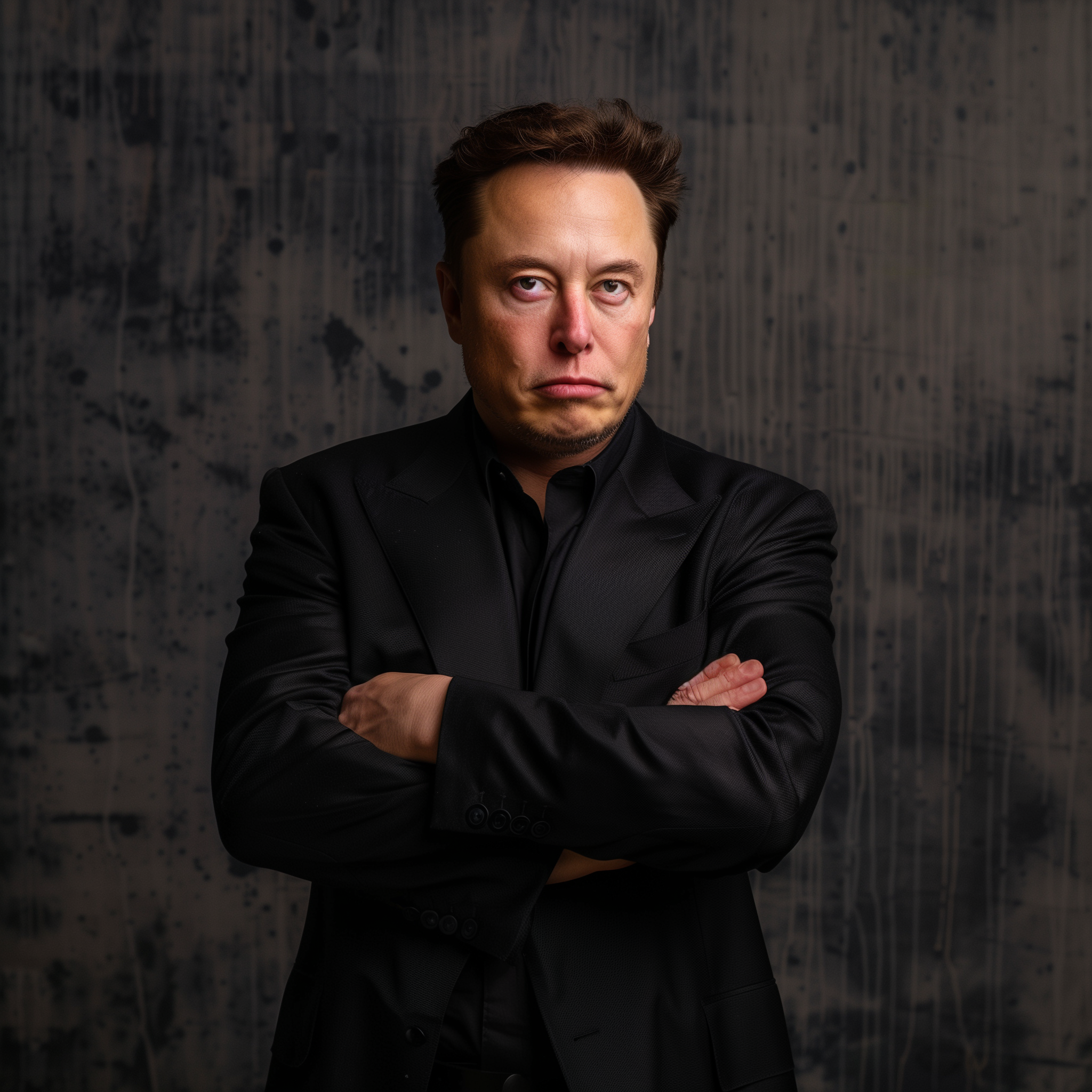Elon Musk, often hailed as a visionary entrepreneur and technological pioneer, wields significant influence over several critical sectors, from space exploration with SpaceX to electric vehicles with Tesla, and now global communications with Starlink. His acquisition of Twitter and his robust social media presence have only amplified his voice, allowing him to shape public discourse in unprecedented ways. Despite his self-portrayal as a champion of free speech and innovation, Musk's actions increasingly align with those of modern plutocrats and kleptocrats who exhibit tendencies toward fascism. This essay explores how Musk's control over key technologies and platforms reflects the core principles of fascism, particularly in terms of authoritarian control, concentration of power, nationalism, suppression of dissent, economic exploitation, and the use of scapegoating and division. Moreover, it examines how Musk's personal brand, amplified through social media and public interviews, contributes to a form of soft power dominance that threatens democratic values.

1. Authoritarian Control
Fascism thrives on authoritarianism, characterized by a centralized authority that suppresses dissent and disregards democratic principles. Musk's acquisition of Twitter is a prime example of this authoritarian control. Despite claiming to purchase the platform to promote free speech, Musk has used it to amplify his own views and marginalize those who oppose him. This manipulation of a major social media platform to shape public discourse is a clear example of how a plutocrat can wield authoritarian power, akin to the control seen in fascist regimes. His influence over Twitter allows him to dictate the flow of information, often sidelining democratic ideals in favor of personal or ideological agendas.
2. Concentration of Power and Wealth
Fascism often involves a merger of state and corporate power, where economic elites collaborate with political leaders to consolidate control. Musk’s vast empire, including Tesla, SpaceX, Twitter, and Starlink, epitomizes this concentration of power. Tesla, as a leading manufacturer of electric vehicles, not only revolutionized the automotive industry but also positioned Musk as a key player in the global push towards sustainability. However, this influence comes with the power to sway governmental policies and regulations, further entrenching Musk’s control over both the economic and political landscapes.
Starlink, his global satellite internet network, adds another layer to this concentration of power. Originally developed to provide global internet access, Starlink has evolved into a strategic asset with implications far beyond commercial use. Its ability to provide internet access in remote or politically unstable regions positions Musk as a gatekeeper of information, centralizing power in a manner reminiscent of fascist regimes, where the state and corporate interests are tightly intertwined to suppress dissent and maintain control. The consolidation of such critical infrastructure under a single individual or entity echoes the fascist practice of merging state and corporate power to establish unchallenged dominance.

3. Nationalism and Populism
Nationalist rhetoric and populism are tools often used by fascist leaders to justify their authoritarian measures. Musk’s public persona and communication style have increasingly adopted a populist tone, positioning himself as a maverick standing against the establishment. Through his frequent and often provocative tweets, Musk engages with a vast audience, cultivating a loyal following that views him as a champion of the people against the so-called corrupt elite. This populist narrative, while ostensibly empowering, serves to mask Musk’s consolidation of power and influence, much like how fascist leaders use nationalism to rally support while enacting policies that centralize control and marginalize dissenting voices.

4. Suppression of Dissent
Fascist regimes are known for their suppression of dissent, often through censorship and propaganda. Musk’s ownership of Twitter has raised significant concerns about the suppression of opposing voices. Critics of Musk, including journalists and public figures, have found themselves banned, shadow-banned, or otherwise marginalized on the platform. This control over the flow of information, combined with his influence over global communications through Starlink, gives Musk the ability to suppress dissent on an unprecedented scale. By controlling both the platform and the means of access to it, Musk can effectively silence opposition, echoing the suppression of free speech and dissent seen in fascist states.

5. Economic Exploitation
Fascism often entails economic exploitation, where the state or elite benefit at the expense of the broader population. Musk’s wealth, accumulated through ventures like Tesla, SpaceX, and now Twitter and Starlink, reflects this pattern. Tesla, while leading the charge toward a sustainable future, has also been criticized for its labor practices, which some argue exploit workers. Moreover, Musk’s businesses have benefited disproportionately from government subsidies, raising questions about the fairness and equity of such arrangements. This accumulation of wealth and power through the exploitation of labor and public resources mirrors the economic inequalities fostered by fascist systems, where a powerful elite reaps the rewards while the majority struggles.

6. Scapegoating and Division
Scapegoating is a common tactic in fascist regimes, used to divert attention from systemic issues and consolidate power. Musk has frequently engaged in scapegoating, often blaming various societal problems on specific groups or entities, such as the media, government regulators, or even his competitors. This "us versus them" narrative fosters division, distracts from the broader consequences of his actions, and bolsters his image as an outsider fighting a corrupt system. This tactic is a hallmark of fascist regimes, which use division to maintain control over a fractured society.
7. Starlink and Tesla as Tools of Soft Power Dominance
Starlink, Musk’s global satellite internet service, represents a new form of soft power dominance with significant implications for democracy. By controlling a global internet infrastructure, Musk wields an unprecedented level of influence over information flow, especially in regions with limited or state-controlled internet access. While Starlink’s ability to provide internet to remote or censored regions can be seen as a positive development, it also places immense power in the hands of a single individual. This concentration of power allows Musk to potentially influence political outcomes, access to information, and even geopolitical dynamics, effectively undermining democratic processes and the sovereignty of nations.
Similarly, Tesla’s dominance in the electric vehicle market and its influence on global environmental policy position Musk as a key player in shaping the future of energy and transportation. This influence, combined with his social media presence and public interviews, where he often expresses controversial or politically charged opinions, adds another dimension to his soft power. Through these platforms, Musk can sway public opinion, manipulate market dynamics, and even affect international relations, further entrenching his control over critical aspects of modern life.
In conclusion, Elon Musk’s actions and control over technologies like Twitter, Starlink, and Tesla exemplify how modern plutocrats can mirror the authoritarian, anti-democratic, and exploitative practices associated with fascism. By concentrating power, suppressing dissent, and using populist rhetoric, Musk erodes democratic values and institutions. His control over Starlink and Tesla introduces a new dimension of soft power dominance that threatens global democracy, as his influence extends beyond mere business interests into the realms of public discourse, environmental policy, and global communications. As Musk continues to expand his empire, the parallels to fascist tactics become increasingly apparent, raising critical questions about the impact of such concentrated power on the future of democratic societies.








